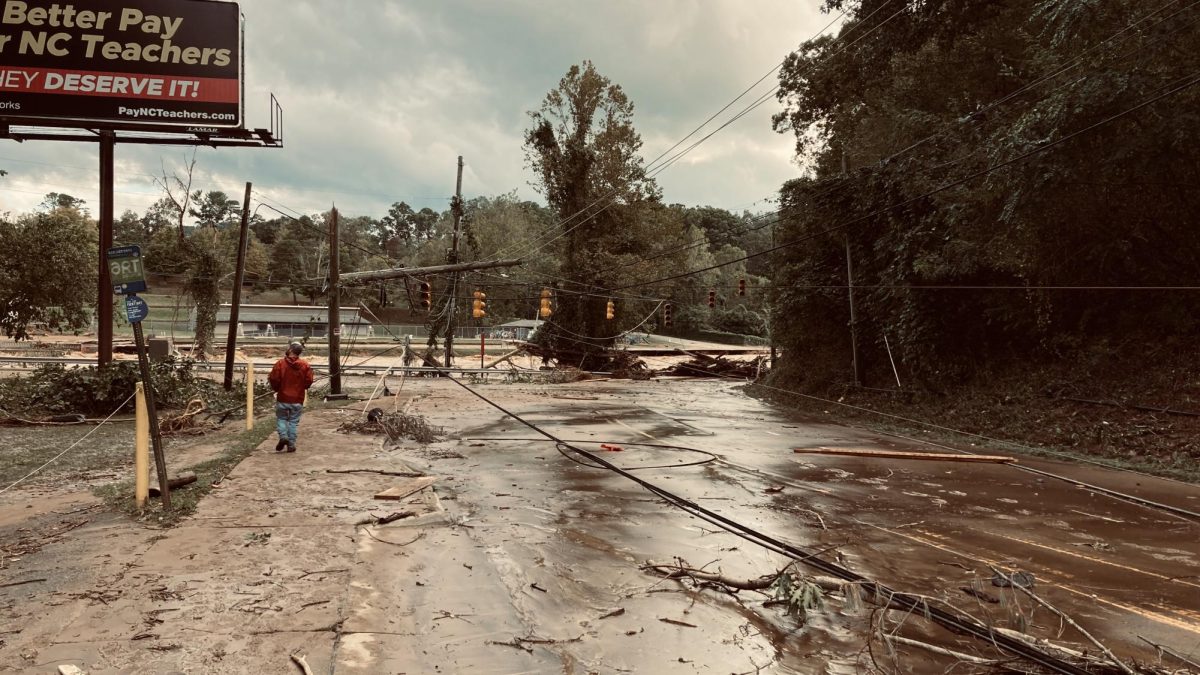Hurricane Helene took the Southeast by storm and left thousands to grieve and clean up the damage. Beginning on Sept. 26, this category four hurricane’s death toll is expected to rise and has continued to surge through Florida’s Gulf Coast to the Appalachian Mountains in Virginia.
There have been over 200 deaths attributed to the storm so far, according to an Oct. 5 AP News article. Helene is considered to be the deadliest hurricane to hit the U.S. since Hurricane Katrina in 2005. Residents fled as Helene pushed homes underwater and created a sense of urgency among communities.
With maximum winds of 140 mph, the extreme destruction left families in search of their loved ones. These high winds tore the roofs off of businesses, houses and churches. Additionally, hospitals in Southern Georgia and millions of other homes were left without electricity, according to an Oct. 1 New York Times article.
As reddish brown water overtook the streets, rescue teams and authorities flooded in to bring the residents to safety. An Oct. 2 New York Times article records the level of flooding to have reached over 400 miles. Air search and rescue teams flew 48 missions on Saturday, Oct. 5 and were able to recover 39 stranded survivors in Western North Carolina according to an Oct. 6 article from the North Carolina Department of Public Safety. Military soldiers from Fort Liberty and Fort Campbell have assisted in the search process.
While rescue efforts are pivotal in reuniting families and locating missing people, donations of food, water and resources are just as helpful. The FEMA hotline is used to indicate individuals who need additional federal support. Over 96,747 people have signed up for individual assistance and FEMA has given over $30.2 million in funds for Western North Carolina.
Additionally, President Joe Biden visited North Carolina and ordered 1,000 soldiers to join the North Carolina National Guard in delivering supplies, food and water to isolated communities. He has organized the rescue plans for the upcoming Hurricane Milton in advance.
Organizations worldwide are doing everything they can to help bring the Southeast out of their misery. The recovery process is expected to be long.
Photo credit: “Devastation In Asheville” by Bill McMannis is licensed under CC BY 2.0








